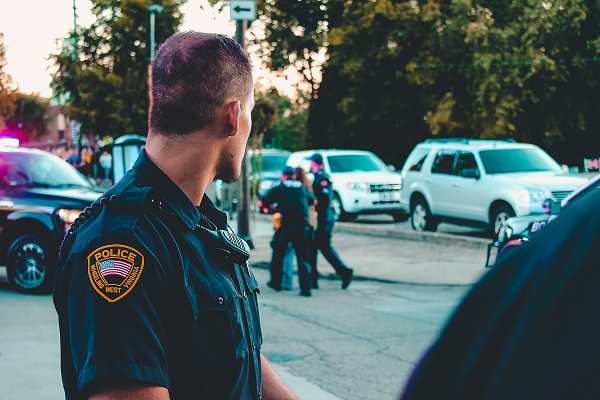PxHere - CC0
La inversión en reducción de daños debe ser incluida en el movimiento para desfinanciar a la policía
Dada la abundancia de evidencias de que el patrullaje y la criminalización de personas que consumen drogas no funcionan, la necesidad de financiar acciones de reducción de daños nunca ha sido más obvia. Más información, en inglés, está disponible abajo.
By Jenavieve Hatch for HuffPost
When police respond to 911 calls about people experiencing homelessness or mental health crises, the results can be lethal. As protests against police brutality continue to grip the nation, cities are beginning to acknowledge that law enforcement isn’t well equipped to handle these cases.
Instead, there’s growing momentum not just for defunding police, but for investing in harm reduction practices — ones that don’t criminalize people experiencing homelessness or substance misuse, but approach these issues as public health matters that are best handled with communal resources.
San Francisco Mayor London Breed announced earlier this month that police will no longer be the first to respond to calls involving the homeless, mental health crises and conflicts among neighbors. Members of the Los Angeles City Council are pushing to do the same. House Democrats unveiled legislation aimed at not just curbing police brutality, but establishing a grant program “to help communities to re-imagine and develop concrete, just and equitable public safety approaches.” Implementing these policies would contribute to the work that harm reductionists have been doing with little support for over 30 years.
